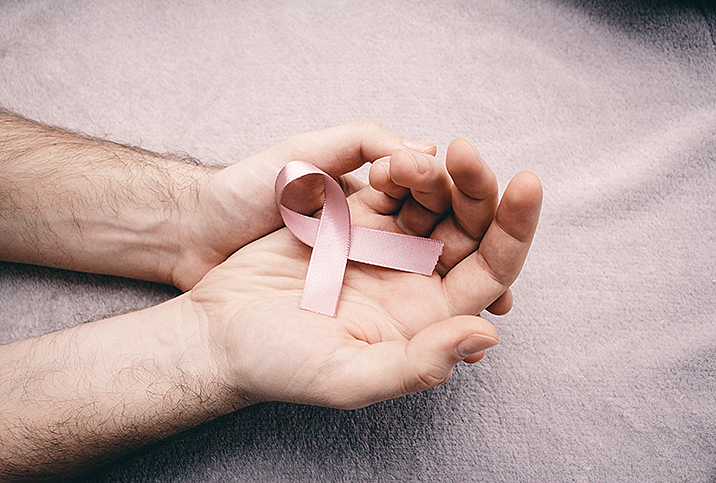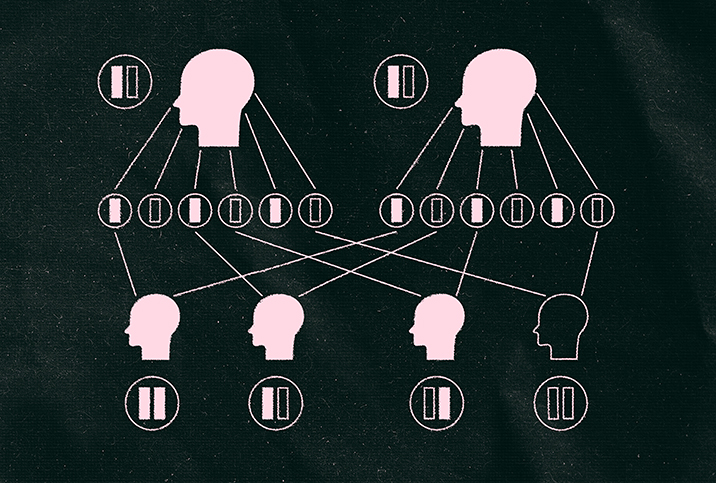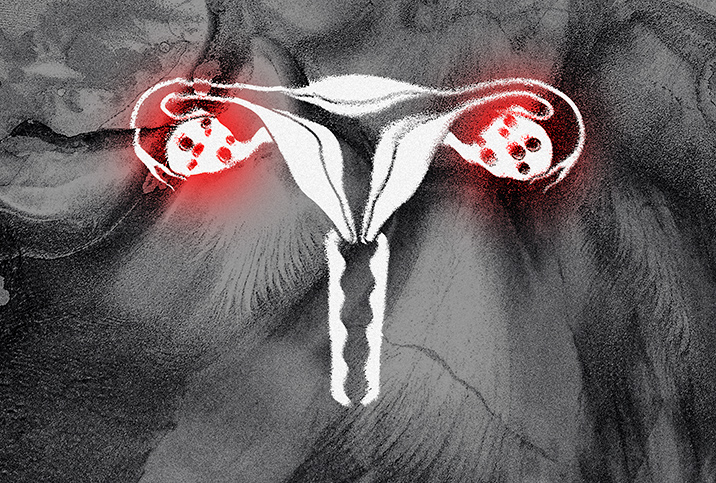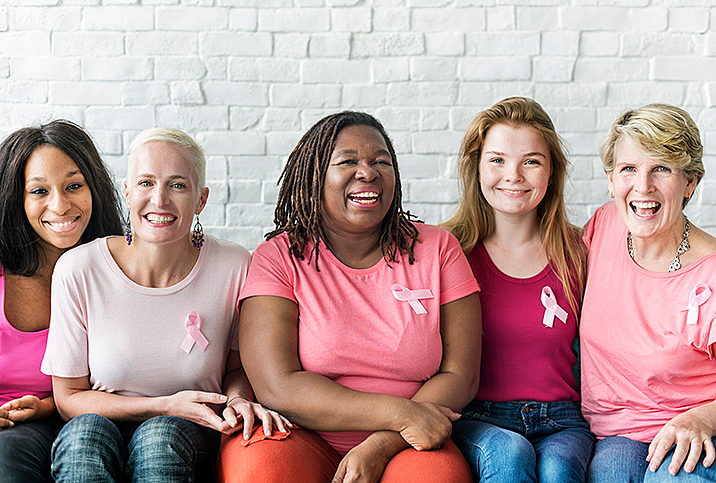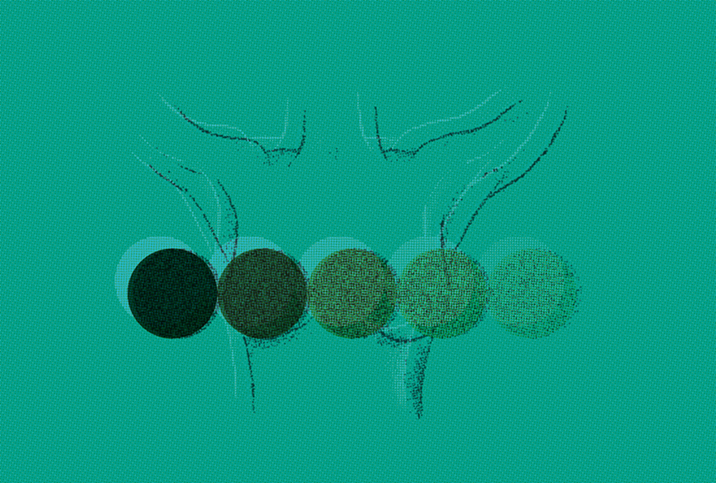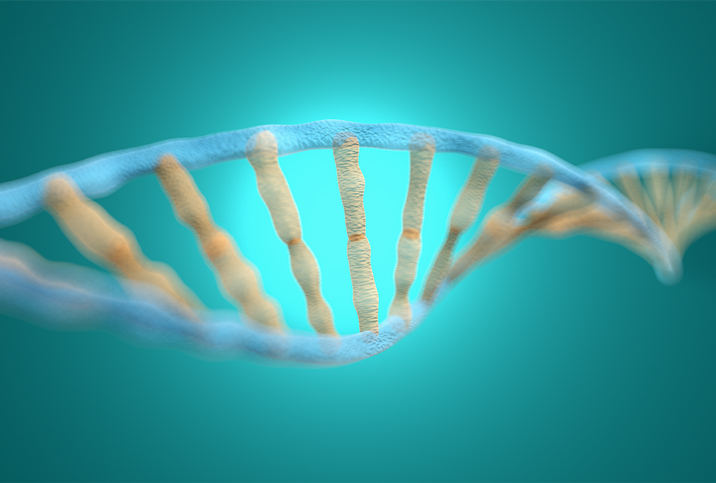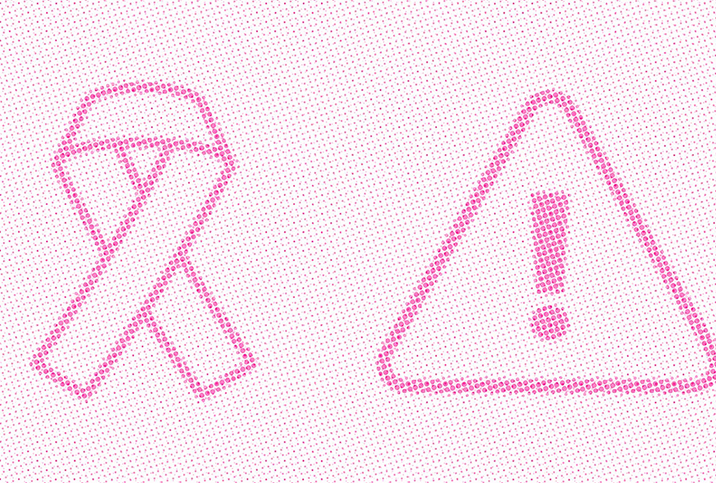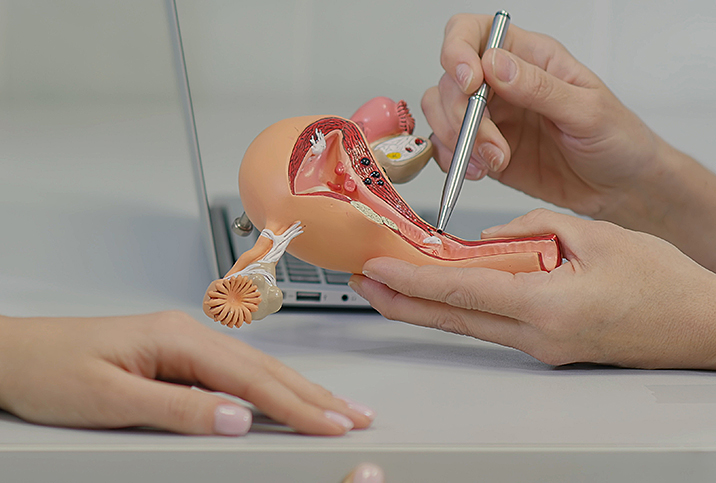Having more skin growths may indicate a greater chance of getting the disease, studies show.
Here's why the pill is classified as a carcinogen, and why you probably shouldn't worry.
Detection rates, treatment options and outcomes all vary depending on where you live.
Survivors and alliances are raising awareness, so man up and learn about the disease.
Your family history can sometimes put you at a higher risk of developing the disease.
By Helen Massy
The tennis star began the first of six rounds of chemotherapy last week.
By Giddy Staff
Research into the common disease is ongoing.
By Helen Massy
Alterations on certain genes can predispose people of all sexes to a host of cancers.
Even if you've tested normal for the BRCA mutation, doctors advise retesting for PALB2 variant.
Lifestyle changes can help reduce your risk of developing cancer.
Giddy talks with BCA President Meg Russell about innovative early-stage research.
Using talcum products on your genitals may slightly increase your risk.
By Coralle Skye
Lumps in the breast are completely normal, and learning how to react will reduce stress.
You have choices for breast cancer treatment. Here's what to expect from different procedures.
Medical breakthroughs bring hope to women in this battle against a deadly cancer.
Certain genetic traits can significantly increase your risk of developing ovarian cancer.
By Anna Herod
Awareness of these four syndromes is vitally important if you have a family history of cancer.
By Holly Ellis
Know your risk and how to minimize it to decrease the odds of a breast cancer diagnosis.
A diagnosis of breast cancer is scary. Knowing the facts can help physically and emotionally.
A mastectomy may be a part of your treatment for breast cancer. Know what to expect.
By Giddy Staff
One in 78 women will get ovarian cancer. Know your risk factors, find it early and beat it.
More than 27,000 women under age 45 are expected to be diagnosed with breast cancer this year.
Keep certain considerations in mind before you opt for a glimpse at your genetic code.
Four women discuss navigating intimacy after losing feeling in their chests.
Recognize ovarian cancer, the most deadly cancer that affects the female reproductive system.
By Anna Herod
The 'cancer gene' might be new to your knowledge base, but learning more about it can only help.
By Emily Blaire









